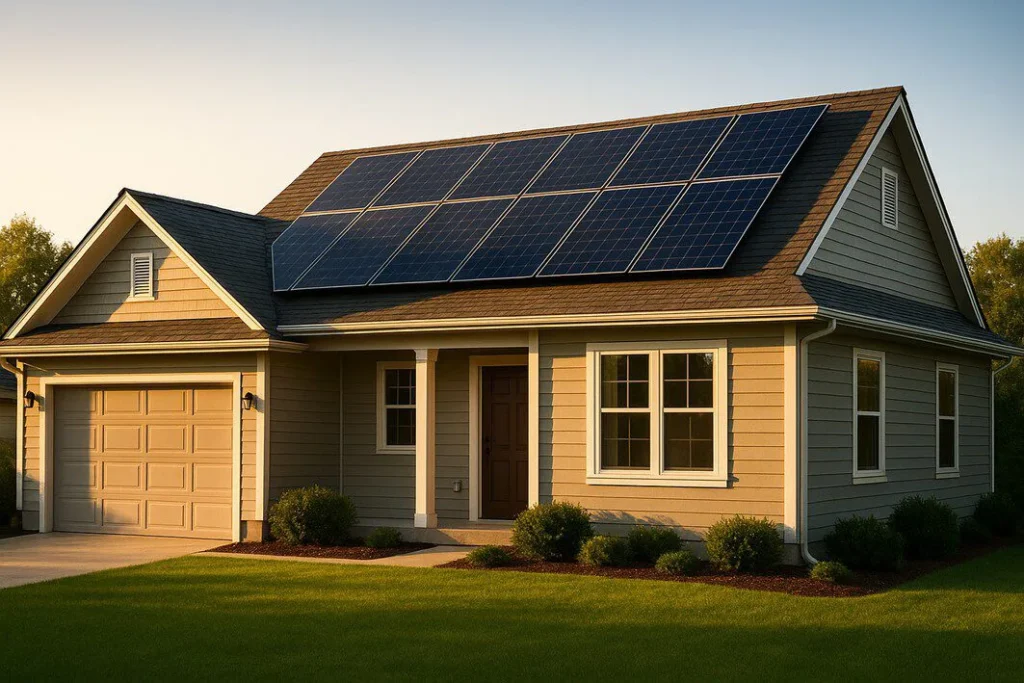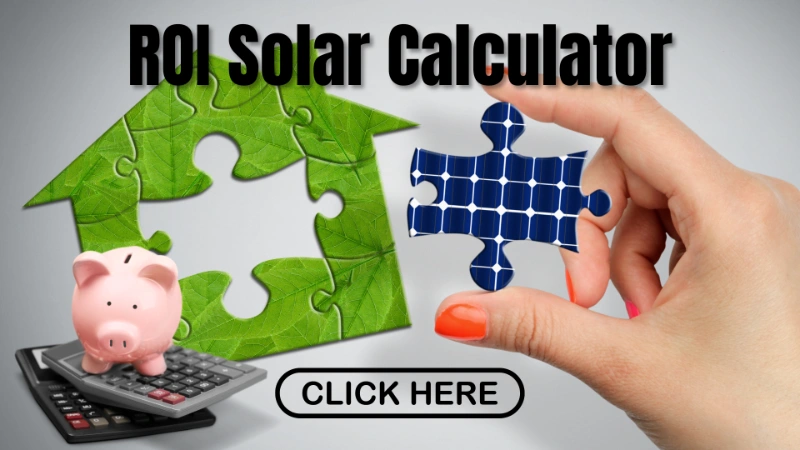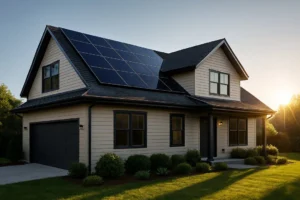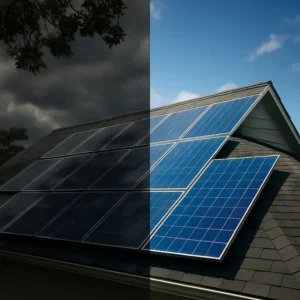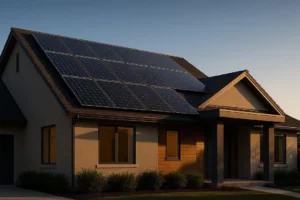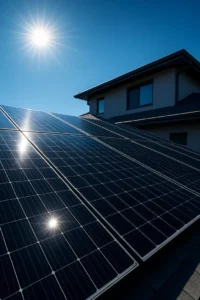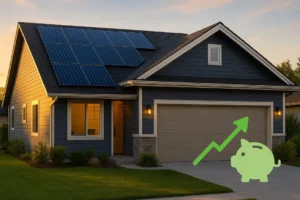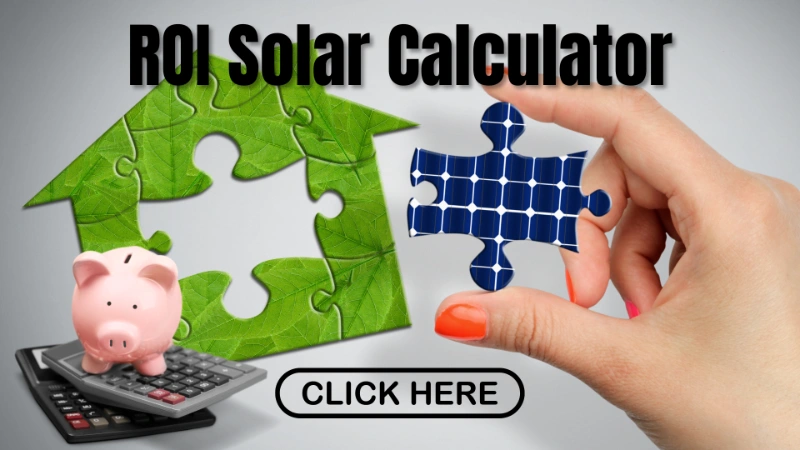One of the first and most important questions homeowners ask when considering a switch to clean energy is, “How much do solar panels cost?” It’s a critical piece of the puzzle, and the answer isn’t always a simple number. The final price is a blend of hardware, your home’s unique energy needs, and available incentives.
Table of Contents
- The Average Cost of Solar Panels for a House in 2025
- Key Factors That Influence Your Final Solar Panel Quote
- What’s Included in a Typical Solar Panel Quote?
- Don’t Forget About Tax Credits and Incentives
- Shifting Focus from Cost to Investment: Calculating Your ROI
- Get a Clear Picture with RenewGenius
This guide is designed to demystify the costs associated with installing solar panels for home power in 2025. As a leading resource in residential solar solutions, RenewGenius believes in empowering you with a comprehensive knowledge base. Here, we’ll break down every factor so you can move forward with confidence and understand the true value of your investment.
The Average Cost of Solar Panels for a House in 2025
While prices vary, the average cost to install a residential solar system in the U.S. in 2025 typically ranges from $17,000 to $35,000 before any tax credits or incentives are applied.
A more standardized way to compare prices is by using the “cost per watt” ($/W) metric. In 2025, the national average hovers around $2.90 to $3.50 per watt. Therefore, a typical 7-kilowatt (kW) system, suitable for an average-sized American home, would land in that price range.
So, how much do solar panels cost for a house like yours? The answer depends on several key variables that determine your final solar panel quote.
Key Factors That Influence Your Final Solar Panel Quote
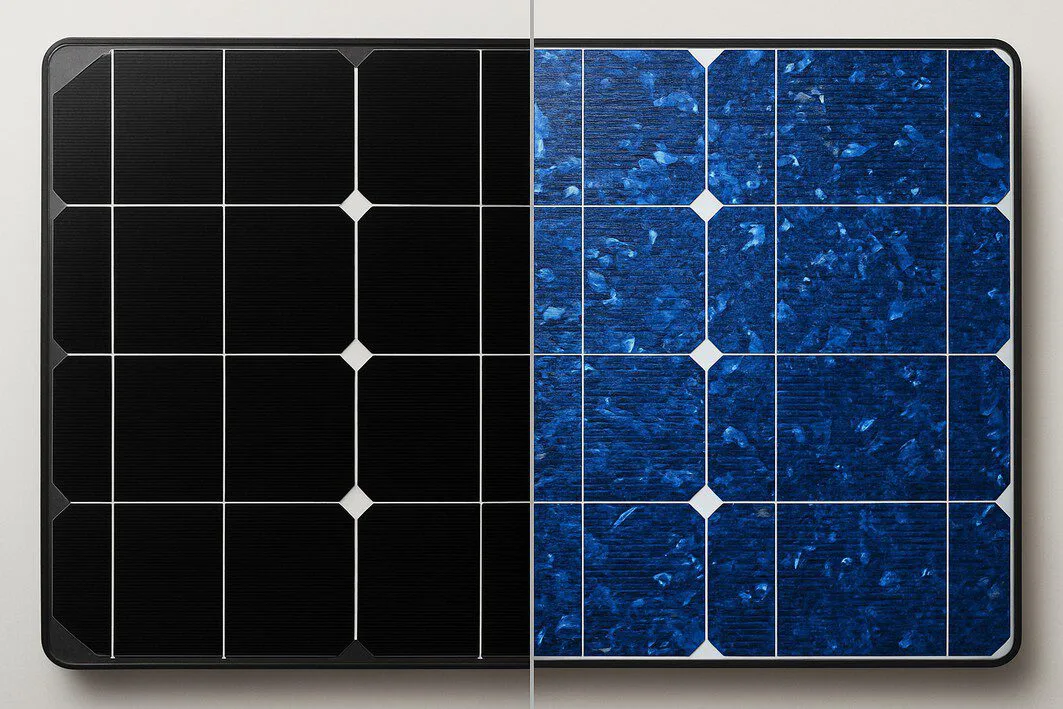
No two homes are exactly alike, which means no two solar installations are either. Understanding these components will help you decipher any quote and see where your money is going.
System Size (kW): Powering Your Home’s Needs
The single biggest cost driver is the size of the system you need. This is determined by your household’s annual electricity consumption, measured in kilowatt-hours (kWh). A larger home with higher energy usage (e.g., running central air conditioning, charging an electric vehicle) will require a larger system with more panels to offset its power needs, leading to a higher upfront cost.
Panel Type and Efficiency
Not all solar panels are created equal. The main types for residential use are:
- Monocrystalline: These are high-efficiency panels made from a single silicon crystal. They perform better in low-light conditions and have a sleek black appearance, but come at a premium price.
- Polycrystalline: Made from multiple silicon fragments, these panels are slightly less efficient and have a blueish hue. They are a more budget-friendly option.
Higher efficiency means you can generate the same amount of power with fewer panels, which can be crucial for homes with limited roof space.
Labor and Installation Complexity
The cost of labor can account for a significant portion of your total bill. Factors that can increase installation complexity and cost include:
- Roof Type: Tile or metal roofs may require specialized mounting hardware and more labor than a standard asphalt shingle roof.
- Roof Pitch and Accessibility: Steeply pitched or hard-to-access roofs can increase installation time and safety requirements.
- Structural Upgrades: In some cases, your roof may need reinforcement to support the weight of the panels.
Inverter and Battery Storage Options
Your solar panels generate direct current (DC) electricity, but your home runs on alternating current (AC). An inverter is the essential piece of equipment that converts this power. You also have the option to add a solar battery, which stores excess energy for use at night or during a power outage. While a battery adds to the initial cost, it provides energy independence and resilience.
What’s Included in a Typical Solar Panel Quote?
When you receive a solar panel quote, it should be a detailed document that breaks down all the associated costs. A transparent and comprehensive quote is a sign of a trustworthy installer. Look for these line items:
- Equipment: Solar panels, inverter(s), and mounting hardware (racking).
- Labor: The cost for the installation crew.
- Permitting & Inspection Fees: The cost to file necessary paperwork with your local municipality and utility company.
- Warranties: Details on the warranties for the panels, inverter, and workmanship.
Don’t Forget About Tax Credits and Incentives
The sticker price is not what you’ll actually pay. Government incentives can dramatically reduce the cost of solar panels for home power. The most significant is the Federal Solar Tax Credit (ITC), which allows you to deduct a percentage of your total system cost from your federal taxes. Additionally, many states, local governments, and utility companies offer their own rebates and performance-based incentives that can lower your net cost even further.
Shifting Focus from Cost to Investment: Calculating Your ROI
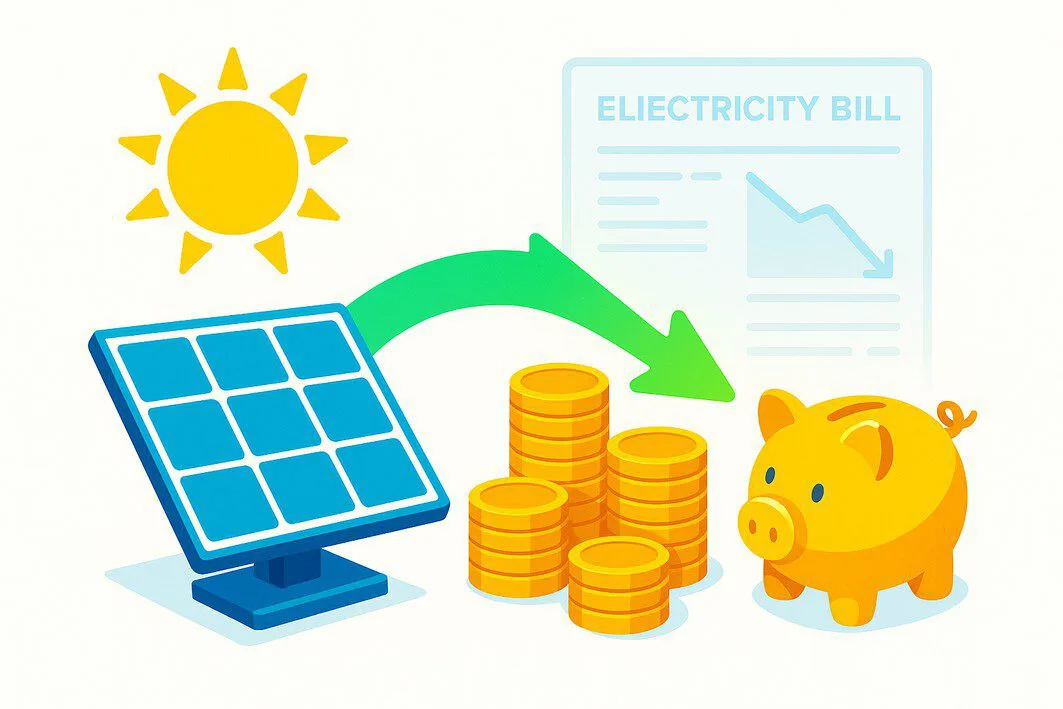
While understanding the upfront cost is crucial, the smartest homeowners see solar as an investment, not just an expense. The initial cost is just one part of a larger financial equation. Over time, your system will generate free electricity, drastically reducing or even eliminating your utility bills.
The key is to calculate your payback period and long-term savings. This is where you truly see the power of your investment. By analyzing your system’s cost against your projected energy savings, you can determine your solar panel return on investment (ROI). For a detailed analysis tailored to your property, understanding your long-term solar panel return on investment is the essential next step. Our tools are designed to help you make a decision with complete financial clarity.
Get a Clear Picture with RenewGenius
At RenewGenius, our entire focus is on residential solar solutions. We leverage our comprehensive solar knowledge base to provide you with the information you need to make a smart decision. From breaking down cost factors to helping you understand your potential savings, we’re here to guide you.
Ready to see what solar could look like for your home? Use our resources to explore your options and get a personalized estimate that reflects your unique energy needs and financial goals.

